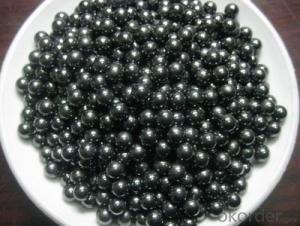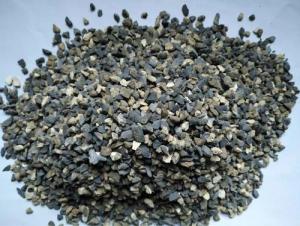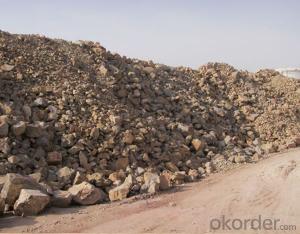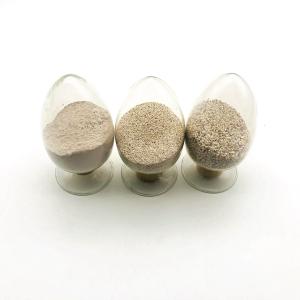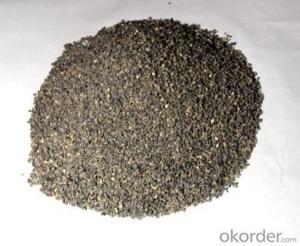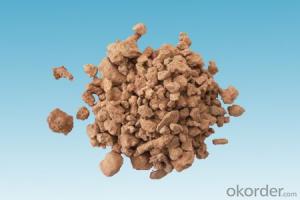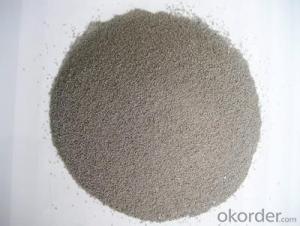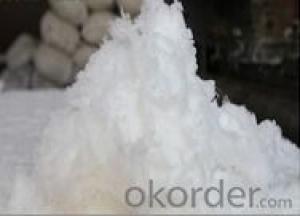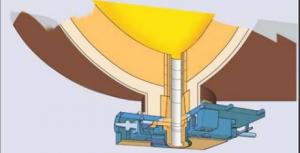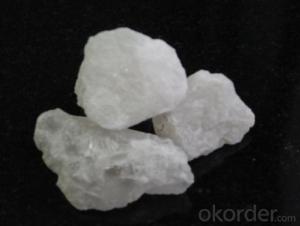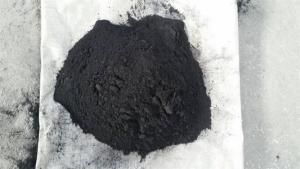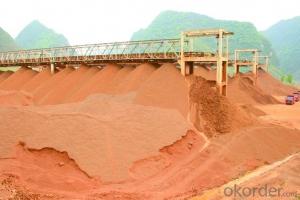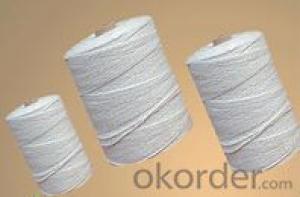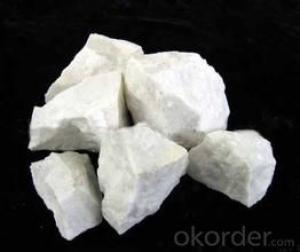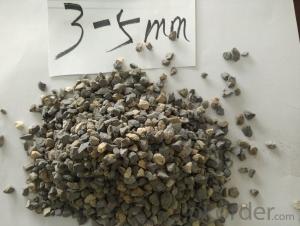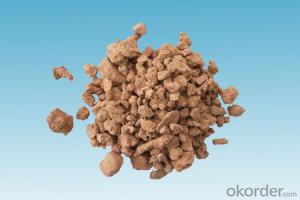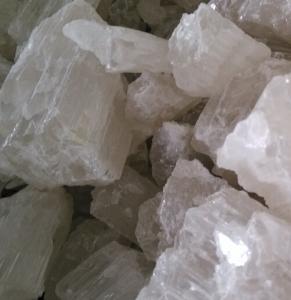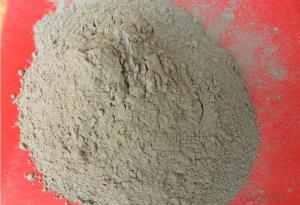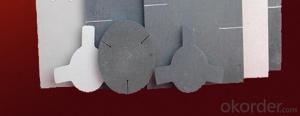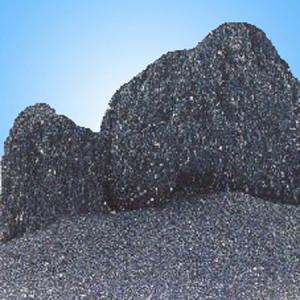All Categories
- - Steel Wire Rod
- - Steel Coils
- - Steel Profiles
- - Steel Pipes
- - Stainless Steel
- - Tinplate
- - Special Steel
- - Steel Sheets
- - Steel Rebars
- - Steel Strips
- - Hot Rolled Steel
- - Cold Rolled Steel
- - Pre-painted Steel
- - Seamless Steel Pipe
- - Welded Steel Pipe
- - Hollow Steel Tubes
- - Galvanized Pipe
- - Stainless Steel Coil
- - Stainless Steel Sheet
- - Stainless Steel Plate
- - Stainless Steel Strips
- - Electrolytic Tinplate Coil
- - Electrolytic Tinplate Sheet
- - Stainless Steel Rebars
- - Solar Panels
- - Solar Water Heater
- - Solar Related Products
- - Solar Inverter
- - Solar Cells
- - Solar Light
- - Solar Energy Systems
- - Solar Controllers
- - Solar Mounting System
- - Solar Pump
- - Solar Chargers
- - Fiberglass Chopped Strand
- - Fiberglass Mesh Cloth
- - Composite Pipes
- - FRP Pultrusion Profiles
- - Fiberglass Mat Tissue
- - Fiberglass Fabrics
- - Fiberglass Mesh
- - Composite Tank
- - Fiberglass Mesh tape
- - Polymer
- - FRP Roofing Panel
- - Fiberglass Roving
- - Monolithic Refractories
- - Ceramic Fiber Products
- - Refractory Bricks
- - Raw Materials For Refractory
- - Suspended Platform
- - Cranes
- - Concrete Machinery
- - Earthmoving Machinery
- - Building Hoist
- - Road Building Machinery
- - Plastic Pipe Fittings
- - Plastic Tubes
- - Plastic Sheets
- - Agricultural Plastic Products
- - Plastic Nets
Q & A
How are phosphate-bonded alumina and silica materials used in refractory production?
Phosphate-bonded alumina and silica materials are used in refractory production as binders or adhesives that provide strength and stability to refractory products. These materials form a chemical bond with the refractory particles, creating a solid and durable structure. Additionally, they help improve the high-temperature performance and resistance to thermal shock of the refractory materials.
Discuss the importance of silicon carbide in refractory production.
Silicon carbide is of great importance in refractory production due to its exceptional properties. As a highly durable and heat-resistant material, it can withstand extreme temperatures and harsh chemical environments, making it a preferred choice for lining furnaces, kilns, and other high-temperature industrial applications. Its high thermal conductivity and low thermal expansion coefficient allow for efficient heat transfer and minimal thermal stress, ensuring the refractory structure remains intact and reliable. Additionally, silicon carbide exhibits excellent mechanical strength and resistance to wear, erosion, and corrosion, enabling prolonged service life and reducing maintenance costs. Overall, the use of silicon carbide in refractory production contributes to enhanced performance, increased productivity, and improved safety in various industrial processes.
What are the advantages and limitations of using carbon in refractories?
The advantages of using carbon in refractories include its high thermal conductivity, excellent resistance to thermal shock, and low coefficient of expansion. Carbon-based refractories also have good chemical resistance and can withstand high temperatures.
However, there are limitations to using carbon in refractories. One limitation is its susceptibility to oxidation at high temperatures, which can lead to the formation of carbon dioxide gas and reduce the refractory's strength. Carbon-based refractories also have a lower mechanical strength compared to other refractory materials, making them more prone to cracking or breaking under mechanical stress. Additionally, carbon refractories may release harmful gases or fumes when exposed to certain chemicals or temperatures.
How do refractory raw materials withstand thermal shock?
Refractory raw materials are designed to withstand thermal shock due to their unique properties. These materials have high melting points and low thermal conductivity, which enable them to resist sudden changes in temperature without cracking or breaking. Additionally, they have excellent thermal expansion characteristics, allowing them to expand and contract uniformly under extreme heat conditions. This combination of factors ensures that refractory materials can endure rapid temperature fluctuations without compromising their structural integrity.
Wholesale Raw Materials For Refractory from supplier in Pakistan
Thank you for considering our services for Raw Materials For Refractory in Pakistan. As a subsidiary of CNBM, we are committed to providing comprehensive procurement services and technical support for our clients in the region.
Pakistan is a country with a rich cultural heritage and diverse landscapes. From the ancient ruins of Mohenjo-daro to the stunning peaks of K2, there is much to explore and appreciate. The country's economy is driven by industries such as textiles, agriculture, and manufacturing, offering potential business opportunities for those interested.
We are here to assist you with any sales, quotations, and technical support services you may require for Raw Materials For Refractory products. Our extensive product range and market experience in Pakistan make us a valuable partner for your projects.
Whether you are looking to do business or plan a visit, Pakistan welcomes you with its history, natural beauty, and warm hospitality. We invite you to explore the opportunities and experiences that await you in this remarkable country.
Pakistan is a country with a rich cultural heritage and diverse landscapes. From the ancient ruins of Mohenjo-daro to the stunning peaks of K2, there is much to explore and appreciate. The country's economy is driven by industries such as textiles, agriculture, and manufacturing, offering potential business opportunities for those interested.
We are here to assist you with any sales, quotations, and technical support services you may require for Raw Materials For Refractory products. Our extensive product range and market experience in Pakistan make us a valuable partner for your projects.
Whether you are looking to do business or plan a visit, Pakistan welcomes you with its history, natural beauty, and warm hospitality. We invite you to explore the opportunities and experiences that await you in this remarkable country.
Hot Search
- Monolithic Refractories in Nepal
- Ceramic Fiber Products in Portugal
- Refractory Bricks in Lithuania
- Raw Materials For Refractory in Namibia
- Raw Materials For Refractory in Mauritania
- Monolithic Refractories in Fiji
- Refractory Bricks in Azerbaijan
- Ceramic Fiber Products in Bahrain
- Raw Materials For Refractory in Australia
- Ceramic Fiber Products in Belarus
